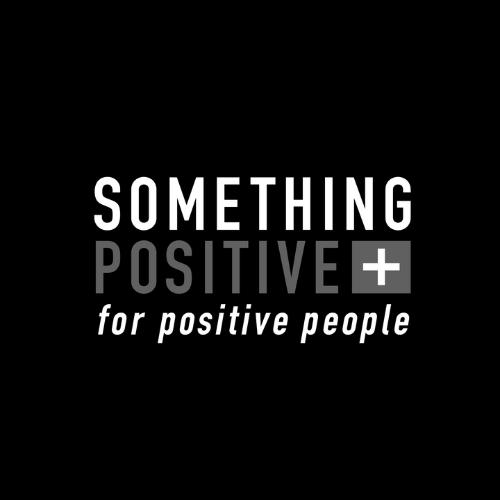Welcome to our Podcast
SOMETHING POSITIVE FOR POSITIVE PEOPLE
Since 2017, the SPFPP podcast has been a free resource for people navigating the emotional, relational, and social impacts of a herpes diagnosis. Through candid conversations, guests share what life looks like after testing positive—how they date, disclose, manage shame, and build relationships. You’ll hear experiences from others that reflect your own or reveal new options for moving forward.
What we talk about
Dating with Herpes
From casual sex to long-term commitment, guests share how they communicate their status and build relationships that work for them.Stigma & Identity
How people reclaim their sense of self after diagnosis and rebuild confidence on their own terms.Sexual Health
Tools for navigating safer sex, honest communication, and deeper relational alignment.Alternative Relationship Styles
Non-monogamy, queerness, and connecting beyond traditional relationship norms.Emotional Healing
Stories of grief, growth, and self-acceptance. Often, herpes is the distraction—not the root. These episodes explore the deeper patterns that diagnosis reveals.
If you’re ready to share your experience (anonymously or publicly), please fill out the podcast guest intake form below, and we’ll reach out to interview you!
Looking for something in particular?
Search below for anything you’re curious about, and don’t hesitate to contact us if you can’t find what you’re looking for.
I began consuming your podcast like it was water after walking through the desert for days. I was practically catatonic from the blow of my diagnosis, and I didn't know where to turn. I was in those initial stages of grief—somewhere between shock, denial, and anger. I won't say I was suicidal, but I did have the thought that if I died, it wouldn't really matter because my life was practically over anyway. Some months later, I learned about your SPFPP Herpes Stigma Conference in May 2024 and registered for it. I can now say I've survived one of the most difficult periods of my life—and now I'm thriving.
—J.

SPFPP 340: Prioritizing Pleasure with Dr. Naz
In Episode 340, we're joined by Dr. Nazanin Moali, who sheds light on the mental health implications of herpes and how to maintain a fulfilling love life. This insightful discussion covers practical advice for those affected by STI stigma, aiming to enhance emotional well-being and self-understanding.

Episode 107: Dating Advice from a Divorced Marriage Therapist
Exploring the concept of outsourcing your needs to multiple relationships, this episode features a conversation with a divorced marriage therapist. We discuss the importance of recognizing various types of connections and how fulfilling different needs through multiple relationships can lead to a more balanced and satisfying life.


